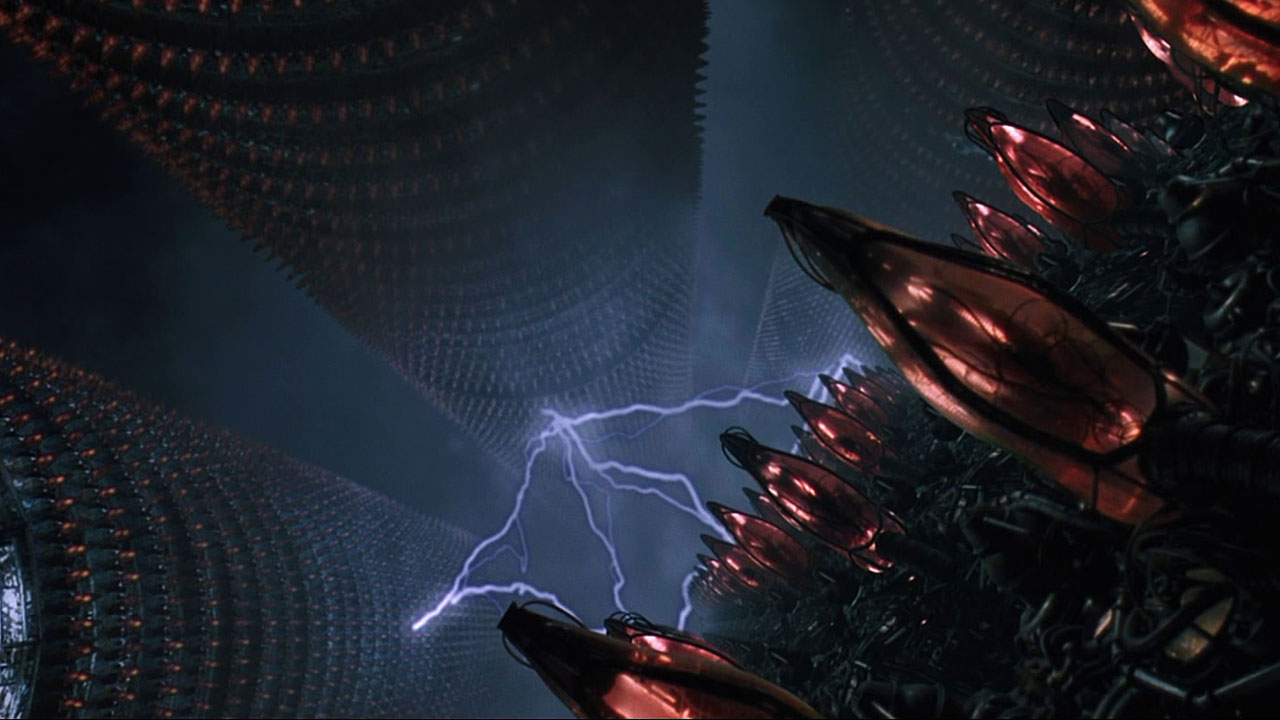In a recent article for Motherboard, transhumanist Zoltan Istvan wrote about the quickly developing technology of artificial wombs which will allow humans to procreate without giving birth. This process of “ectogenesis” has already been nearly accomplished with goat and mouse embryos. For obvious ethical and political reasons, there hasn’t yet been much experimenting on humans. However, scientist Dr. Helen Hung-Ching Liu did manage to keep a human embryo alive in an artificial womb for the legally allowed 14 days.
Istvan details what he sees as the massive benefits for humanity in transitioning from natural birth to artificial wombs:
Natural birth is filled with perils and ectogenesis could potentially offer a safe alternative. The theory is that every heartbeat, kick, and moment of a fetus’s life could be carefully monitored—from zygote to the moment the baby takes its first breath of air. Every nutrient the fetus gets would be measured, every movement it makes would be filmed, every heartbeat would analyzed for proper timing.
But before we hail artificial wombs as the next great advancement for humanity, Istvan wants to warn us of the pretty obvious dilemmas this technology presents. First of all, it’s really creepy. “There’s certainly a Matrix feel to it all,” Istvan says. According to scientist and author Julien S. Murphy, the idea has sparked “disagreement among feminists,” some of whom believe artificial wombs would rob women of their essential nature. Wrirting in America, The National Catholic Review, John Nassivera says that he worries the bond a mother forms with a child while carrying it in her body would be lost, though its unclear if there is scientific evidence for that claim. Istvan predicts that religious groups will further argue that artificial wombs could “[threaten] to disrupt the symbiotic bond that the sexes have in traditional society.”
Despite all objections, Istvan believes it’s likely artificial womb technology will be available in the next few decades. “As with all new technology, traditional biological and social customs could give way to newer practices promising safety, efficiency, and practicality,” he adds. Long live the new flesh. (Photo: Warner Brothers)



